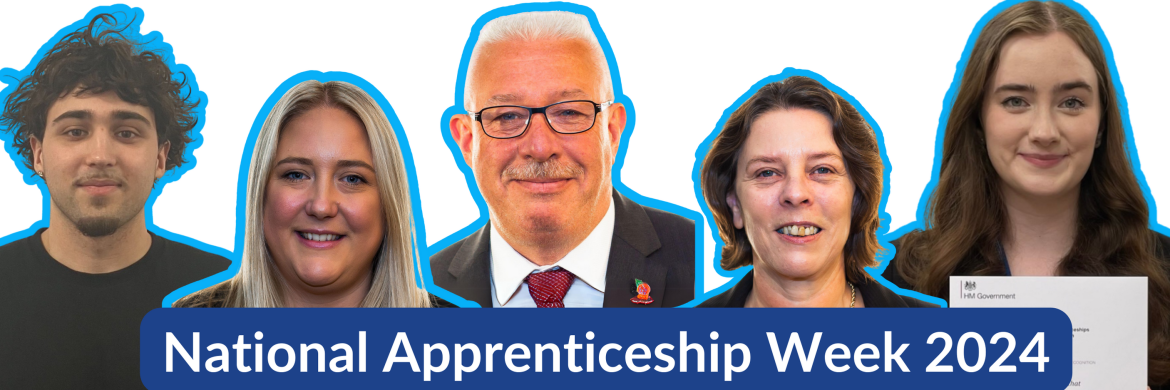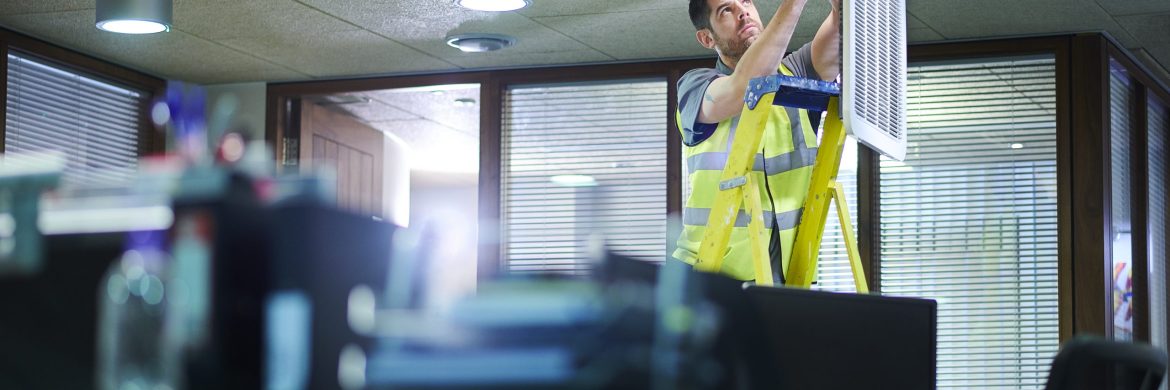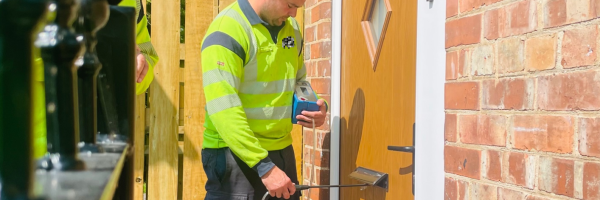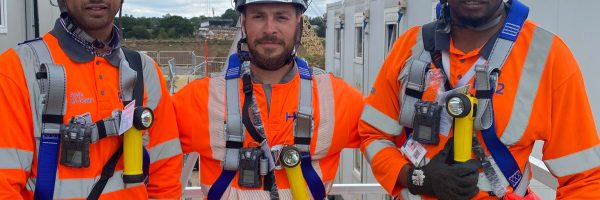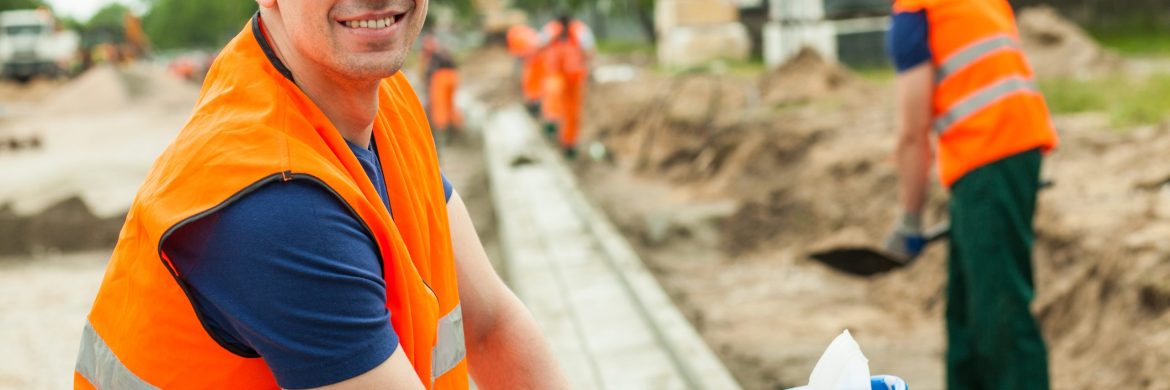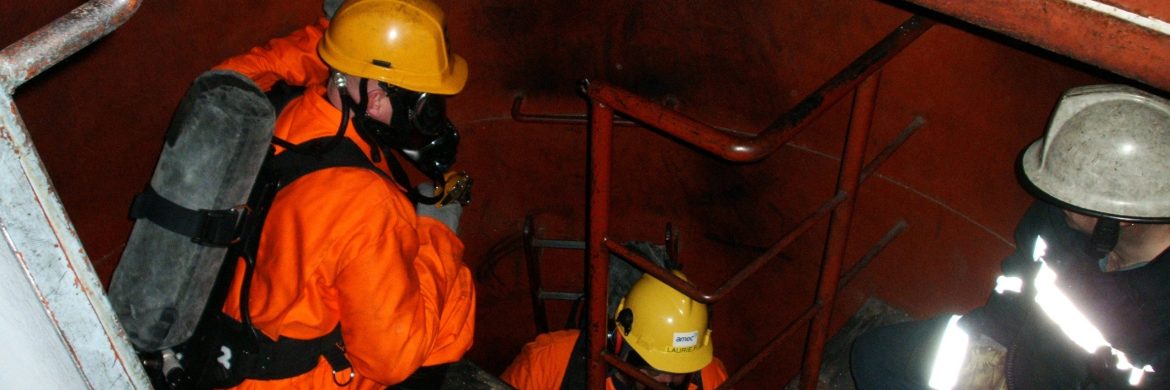A week in the life of a Marketing Apprentice
05 February 2024 News
National Apprenticeship Week: 5th -9th February 2024

Hi there, my name is Eleanor Hurt and I’ve worked at Develop Training since April 2022. As a member of the marketing team my role provides me with a lot of variation and exciting projects. I am also learning ‘on the job’ as I’m currently completing my Level 4 Marketing Apprenticeship with Apprentify.
Here’s a little insight into what a week in the life of a Marketing Apprentice at Develop is like:
Monday
The first thing I do on a Monday is to have a meeting with my manager, Stacey, to discuss and plan the week ahead. I personally prefer to have a to-do list I can work through and this is my opportunity to create that and get the week off to an organised start!
I later met with Ben Blessett, a Streetworks Trainer at Develop to talk through all our NRSWA Streetworks training. I’m creating two flowcharts for our customers to help them select the right training courses for their needs, so Ben talked me through all the options and who each course is suitable for.
After my meeting with Ben, I then had to turn the notebook scribbles into two on-brand and easy-to-follow flowcharts that are suitable for customers. For this I used Adobe InDesign; I really enjoy the graphic design aspects of my role but I’m still learning so this took me most of the day to complete.
Once they were both ready, I sent them to Stacey and she checks over them before I create a landing page in HubSpot ready for our customers to download them.
If you want to take a look at the flowcharts, you can find them here and here.
Tuesday
JTL’s Eastbourne training centre is having its official opening on Thursday 8th February and Develop will be attending with a stand to promote our short courses. Stacey is attending this event along with Develop’s Key Account Manager, Nichola Kitching. In preparation, Stacey and I got a range of stands and promotional materials out of our marketing storage room and assembled it all to decide what would be the best fit for the space we have.
In the afternoon, I drafted our social media plan for the next two weeks. For this I look at the business focuses and the content we’ve recently published on the website, such as blogs, news articles, course updates etc. I then draft the posts along with the visual assets before passing them over to Stacey for her to check. Once they’re approved I’ll schedule them on our social channels using HubSpot.
Wednesday
On Wednesday, I travelled up to our York site with Stacey to meet with Brandon Clark, an F-Gas Trainer at Develop. We’ve recently re-launched our F-Gas Category 1 training course and part of the marketing plan for this is to have some short videos of Brandon offering tips and advice for those who work with fluorinated gases. We spent most of the morning doing the filming and then we’ll edit them back at the office before posting them on our website and social channels in the coming weeks.
Whilst we were in York, I also met with Tanya Crockett who has recently joined as a Centre Coordinator. We had a quick chat and I made some notes ready to draft her new starter article for our internal comms channels, website and socials.
Thursday
It was great to be back in the office today so I could actually get some work done! Following on from Wednesday’s filming, I began by using Adobe Premier Pro to edit the videos we had filmed. I really enjoy doing this because, although I’m nowhere near an expert, I’m really enjoying having the opportunity to learn such a complex piece of software.
We also had some more new starters in the business today, so I interviewed them for their news articles and talked to them about what we do in the marketing department.
Later in the day I drafted some promotional emails in HubSpot for distribution throughout February.
Friday
Friday’s are my dedicated apprenticeship day and I have my calendar blocked out all day to ensure I get uninterrupted learning time to focus. Develop are also paying for me to do my CIM qualification in addition to my apprenticeship and I’m really grateful for this opportunity because, although it’s hard work, it’s a great addition to my CV.
That’s it…the end of the week – phew! Being a marketing apprentice at an SME is definitely a full-on job but the way I look at it is I’m lucky to get exposure to such a broad range of marketing tasks and to have the opportunity to get involved in things that apprentices at larger organisations don’t get to.
I hope you’ve enjoyed reading about my week, and if you’re ever at Develop’s Derby centre please stop and say hello!

